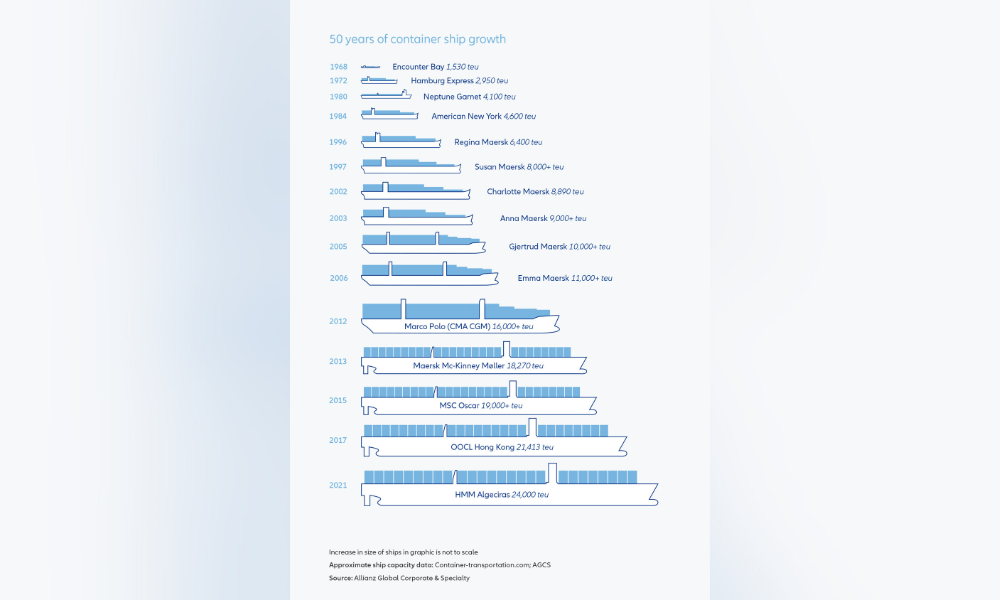[tdc_zone type=”tdc_content”][vc_row][vc_column width=”1/1″]
[/vc_column][/vc_row][vc_row el_class=”td-ss-row”][vc_column width=”2/3″]
SPORTS
With companies valuing IP over substance, it makes sense that Fox would demote Greg Olsen for Tom Brady, despite the former treating NFL...
[/vc_column][vc_column width=”1/3″][td_block_social_counter custom_title=”STAY CONNECTED” facebook=”tagDiv” twitter=”envato” youtube=”envato” style=”style4 td-social-colored”]
MOST POPLULAR
Celebs To Expect At The 2024 Oscars ...
[/vc_column][/vc_row][vc_row][vc_column width=”2/3″][/vc_column][vc_column width=”1/3″][/vc_column][/vc_row][vc_row][vc_column width=”1/1″][/vc_column][/vc_row][vc_row][vc_column width=”1/3″][/vc_column][vc_column width=”1/3″][/vc_column][vc_column width=”1/3″][/vc_column][/vc_row][vc_row][vc_column width=”1/1″][/vc_column][/vc_row][/tdc_zone]


































